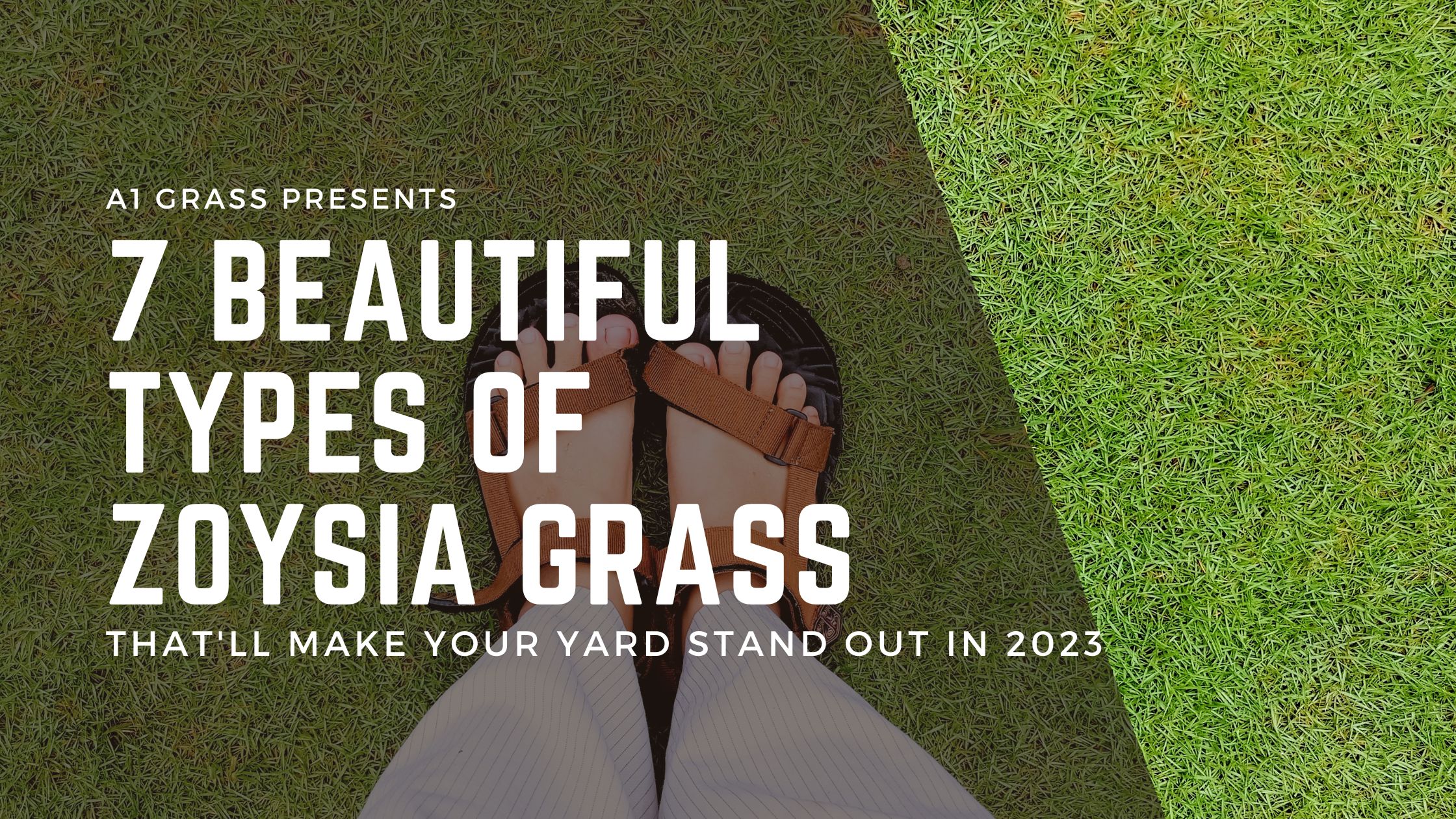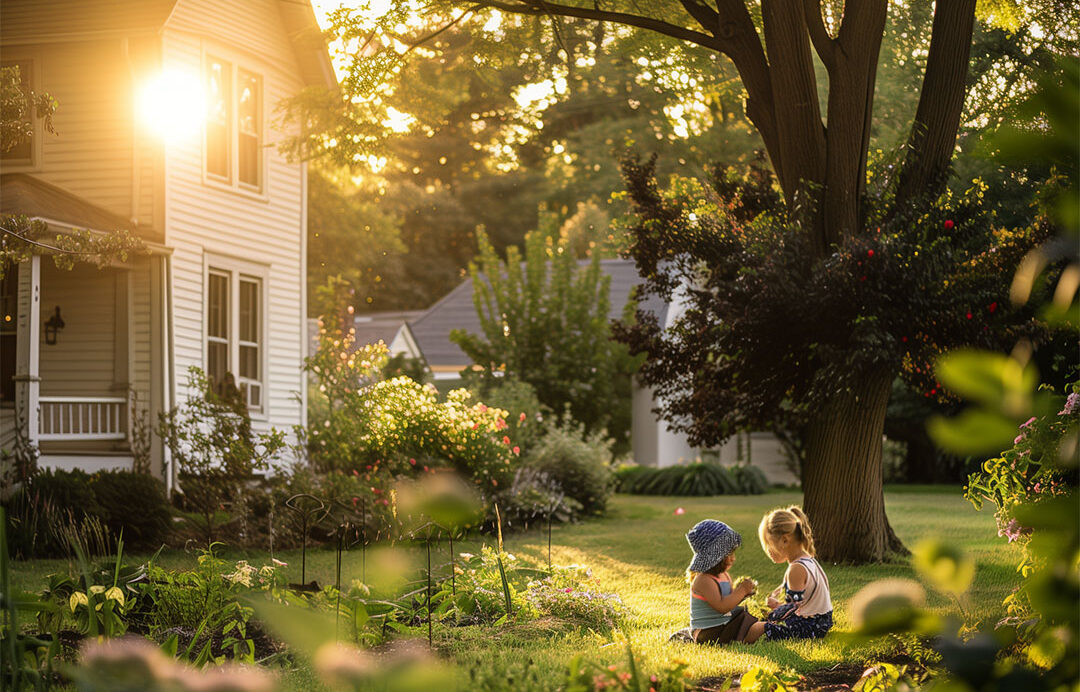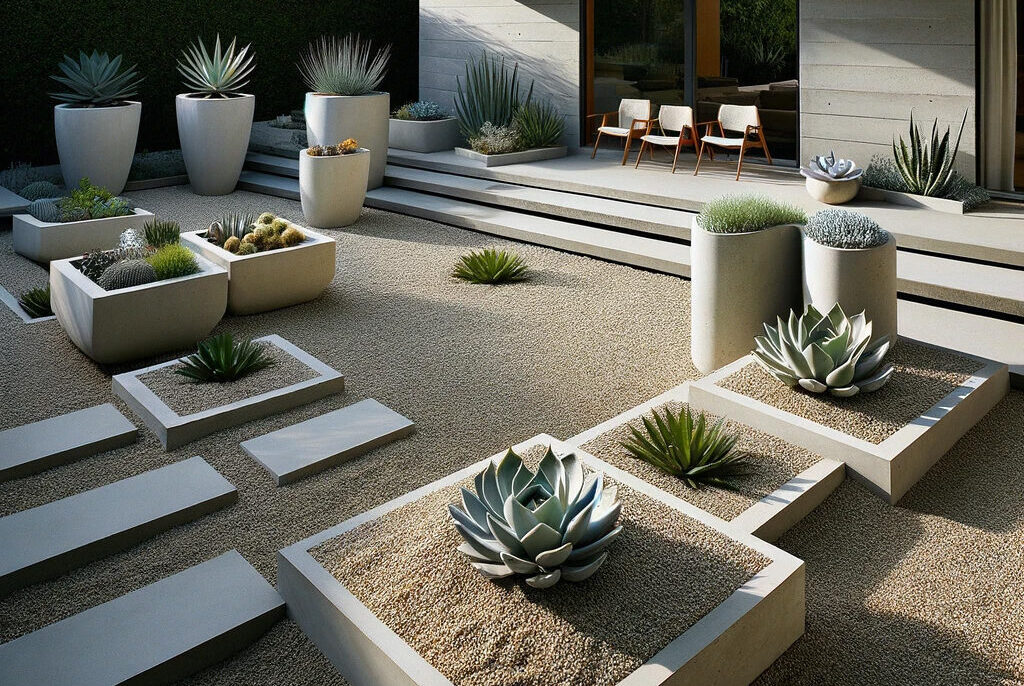Zoysia grass is a popular choice for lawns and landscapes due to its resilience and attractive appearance. This warm-season grass has various types, each with its own unique characteristics and benefits. In this article, we will explore different types of Zoysia grass, their key features, and factors to consider when choosing the right one for your needs.

When it comes to creating a lush and beautiful lawn, choosing the right type of grass is essential. Zoysia grass is known for its ability to withstand various climatic conditions and its overall durability. With a wide range types of Zoysia grass available, homeowners can select the one that suits their specific requirements and preferences.
Understanding Zoysia Grass
Zoysia grass, scientifically known as Zoysia spp., is a warm-season grass that originated in East Asia. It is characterized by its dense growth pattern, fine texture, and dark green color. This grass variety thrives in warm climates and is well-adapted to regions with hot and humid summers.
Popular Types of Zoysia Grass
- Emerald Zoysia: Emerald Zoysia is a highly popular type of Zoysia grass variety known for its dark green color and fine texture. It forms a dense, carpet-like turf and is often used on golf courses and high-end residential landscapes.
- Meyer Zoysia: Meyer Zoysia is a versatile type of Zoysia grass that exhibits good cold tolerance and is suitable for a wide range of climates. It has a medium texture and performs well in both full sun and partially shaded areas.
- Zeon Zoysia: Zeon Zoysia is a relatively new cultivar that offers exceptional visual appeal and low maintenance requirements. It has a fine leaf texture and demonstrates excellent tolerance to heat, drought, and wear.
- Palisades Zoysia: Palisades Zoysia is a hardy type of Zoysia grass variety that thrives in hot and humid climates. It has a medium-coarse texture and provides excellent resistance to pests and diseases.
- El Toro Zoysia: El Toro Zoysia is a popular choice for homeowners seeking a grass type with excellent wear tolerance and recovery. It has a medium texture and maintains its vibrant green color throughout the summer.
- Empire Zoysia: Empire Zoysia is known for its superior shade tolerance and ability to adapt to various soil types. It forms a dense turf and exhibits excellent resistance to drought and disease.
- Geo Zoysia: Geo Zoysia is a low-maintenance grass variety that offers high durability and resilience. It has a medium texture and is well-suited for areas with heavy foot traffic.
Key Features and Benefits of Zoysia Grass
Types of Zoysia grass offer several advantages that make it a popular choice for lawns and landscapes. Here are some key features and benefits:
Drought Tolerance: Zoysia grass has deep root systems that allow it to withstand periods of drought without significant damage. It requires less water compared to other grass types, making it an eco-friendly choice.
Heat Tolerance: This type of Zoysia grass thrives in hot and humid climates, demonstrating excellent heat tolerance. It can withstand prolonged exposure to high temperatures without losing its lush green appearance.
Low Maintenance Requirements: Zoysia grass is known for its low maintenance needs. It requires less frequent mowing and fertilizer applications compared to other grass varieties, saving both time and resources.
Excellent Wear Resistance: Zoysia grass has a dense growth pattern and robust root system, making it highly resilient to wear and tear. It recovers quickly from foot traffic and other stressors.
Dense and Lush Appearance: The fine texture and dense growth of Zoysia grass create a luxurious and visually appealing lawn. Its uniform and carpet-like appearance adds beauty to any landscape.
Pest and Disease Resistance: Zoysia grass exhibits natural resistance to pests and diseases, reducing the need for chemical treatments. It is less susceptible to common lawn issues, promoting a healthier environment.
Factors to Consider When Choosing the Right Types of Zoysia Grass
When selecting the right types of Zoysia grass for your lawn, several factors should be taken into consideration:
Climate and Geographical Location: Different types of Zoysia grass have varying climate preferences. Consider the temperature range and climatic conditions of your region to choose a variety that thrives in your specific environment.
Soil Type and pH Levels: Zoysia grass performs best in well-drained soils with a pH range of 6.0 to 7.0. Consider your soil type and conduct a soil test to determine its pH levels before selecting a types of Zoysia grass.
Sunlight Exposure: Some types of Zoysia grass require full sun exposure, while others can tolerate partial shade. Evaluate the amount of sunlight your lawn receives throughout the day to choose a variety that suits the lighting conditions.
Traffic and Usage: If your lawn experiences heavy foot traffic or is frequently used for recreational activities, opt for types of Zoysia grass that offers superior wear resistance and recovery.
Aesthetic Preferences: Consider your desired lawn appearance, including the color, texture, and overall visual appeal. Different types of Zoysia grass have varying aesthetics, so choose the one that aligns with your preferences.
Establishing and Maintaining Zoysia Grass
To ensure the successful establishment and maintenance of types of Zoysia grass, follow these essential guidelines:
Soil Preparation and Installation: Prepare the soil by removing debris, leveling the surface, and addressing any drainage issues. Install Zoysia grass plugs, sod, or sprigs according to the recommended spacing and planting instructions.
Watering and Irrigation: Initially, water the newly planted Zoysia grass frequently to promote root growth. Gradually reduce the frequency but increase the duration of wateringsessions to encourage deep root development. Once established, water deeply but infrequently to encourage a strong and drought-tolerant root system.
Fertilization and Weed Control: Apply a balanced slow-release fertilizer according to the specific needs of the types of Zoysia grass. Regularly monitor for weeds and apply appropriate herbicides to maintain a weed-free lawn.
Mowing and Edging: Keep the Zoysia grass at an optimal height to encourage healthy growth and prevent scalping. Regularly mow the lawn, adjusting the mowing height based on the specific variety. Edge the lawn to maintain clean lines and prevent encroachment into flower beds or walkways.
Dealing with Common Issues: Monitor the lawn for any signs of pests, diseases, or nutrient deficiencies. Take prompt action by applying appropriate treatments or seeking professional assistance to address these issues effectively.
Comparing Zoysia Grass to Other Grass Types
While types of Zoysia grass offers many advantages, it’s important to understand how it compares to other popular grass types:
Bermuda Grass: Bermuda grass is known for its excellent heat and drought tolerance, making it suitable for warm climates. However, it requires more frequent maintenance and may have a coarser texture compared to types of Zoysia grass.
St. Augustine Grass: St. Augustine grass is a popular choice for its shade tolerance and ability to establish quickly. However, it requires more water and may be more susceptible to certain diseases compared to Zoysia grass.
Kentucky Bluegrass: Kentucky bluegrass is known for its dense growth and vibrant green color. However, it is more demanding in terms of maintenance and requires more water and fertilizer compared to Zoysia grass.
Conclusion
Choosing the right type of Zoysia grass can transform your lawn into a lush, vibrant, and resilient landscape. Consider the specific characteristics and benefits of different Zoysia grass varieties, as well as the factors relevant to your location and preferences. With proper establishment and maintenance, Zoysia grass can provide you with a beautiful and low-maintenance lawn for years to come. Visit A1 Grass at a1grass.com for all your landscaping needs! Transform your lawn with the finest selection of Zoysia grass and create a beautiful outdoor space.
FAQs
1. Can Zoysia grass grow well in shaded areas?
While Zoysia grass prefers full sun, some varieties, such as Meyer Zoysia and Zeon Zoysia, exhibit good shade tolerance and can thrive in partially shaded areas. However, it’s important to note that Zoysia grass will still perform best in areas with ample sunlight.
2. How often should I water Zoysia grass?
When newly planted, Zoysia grass should be watered frequently to encourage root growth. Once established, it is recommended to water deeply but infrequently, providing approximately 1 inch of water per week. Adjust watering frequency based on rainfall and temperature.
3. Is Zoysia grass suitable for high-traffic areas?
Yes, Zoysia grass is known for its excellent wear resistance and recovery. It can withstand moderate to heavy foot traffic, making it suitable for high-traffic areas such as sports fields and family lawns.
4. Can Zoysia grass withstand cold temperatures?
Most Zoysia grass varieties exhibit good cold tolerance and can withstand temperatures as low as 0°F (-18°C). However, some varieties are more cold-tolerant than others. If you live in an area with harsh winters, consider selecting a cold-tolerant Zoysia grass type.
5. Does Zoysia grass require frequent mowing?
Zoysia grass generally requires less frequent mowing compared to other grass types. The specific mowing frequency will depend on the variety and desired height. However, it’s important to regularly mow Zoysia grass to maintain its health and prevent thatch buildup.
Other Helpful Articles from A1 Grass
- Bermuda Grass for High-Traffic Areas: Top Resilient Landscaping Solution for 2024
- ZeroScape Landscaping Designs: Crafting a Drought-Tolerant Garden
- Mastering Hardscape Installation in the Dallas-Fort Worth Area: Tips for Success
- Choosing the Perfect Hardscape Materials: A Guide to Enhancing Your Outdoor Space
- 5 Affordable Hardscape DIY ideas: Transform Your Outdoor Space without Breaking the Bank



